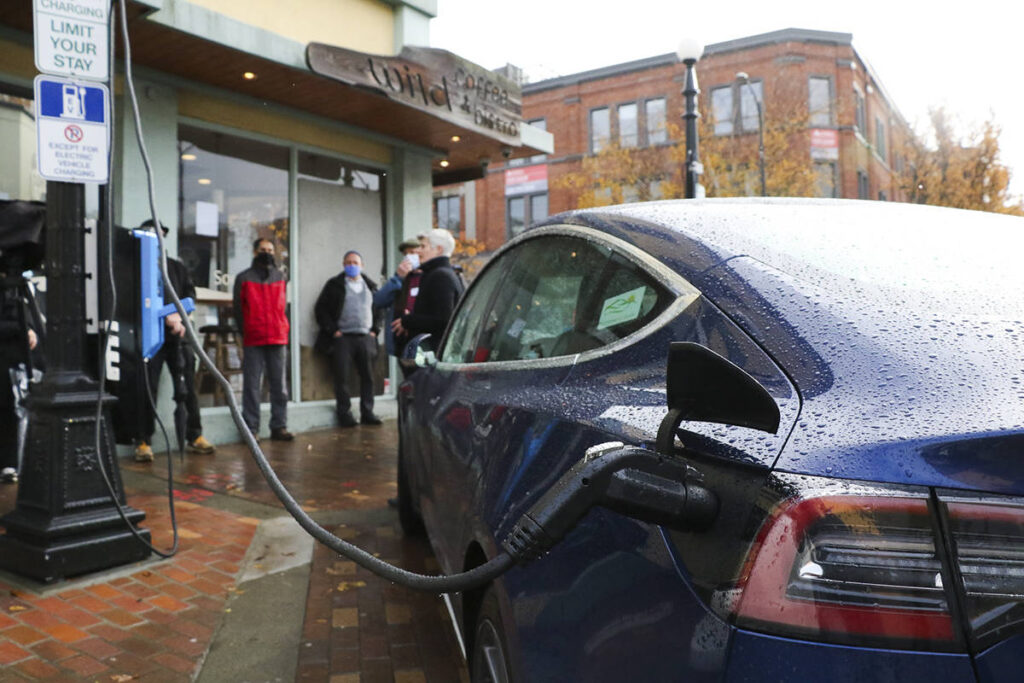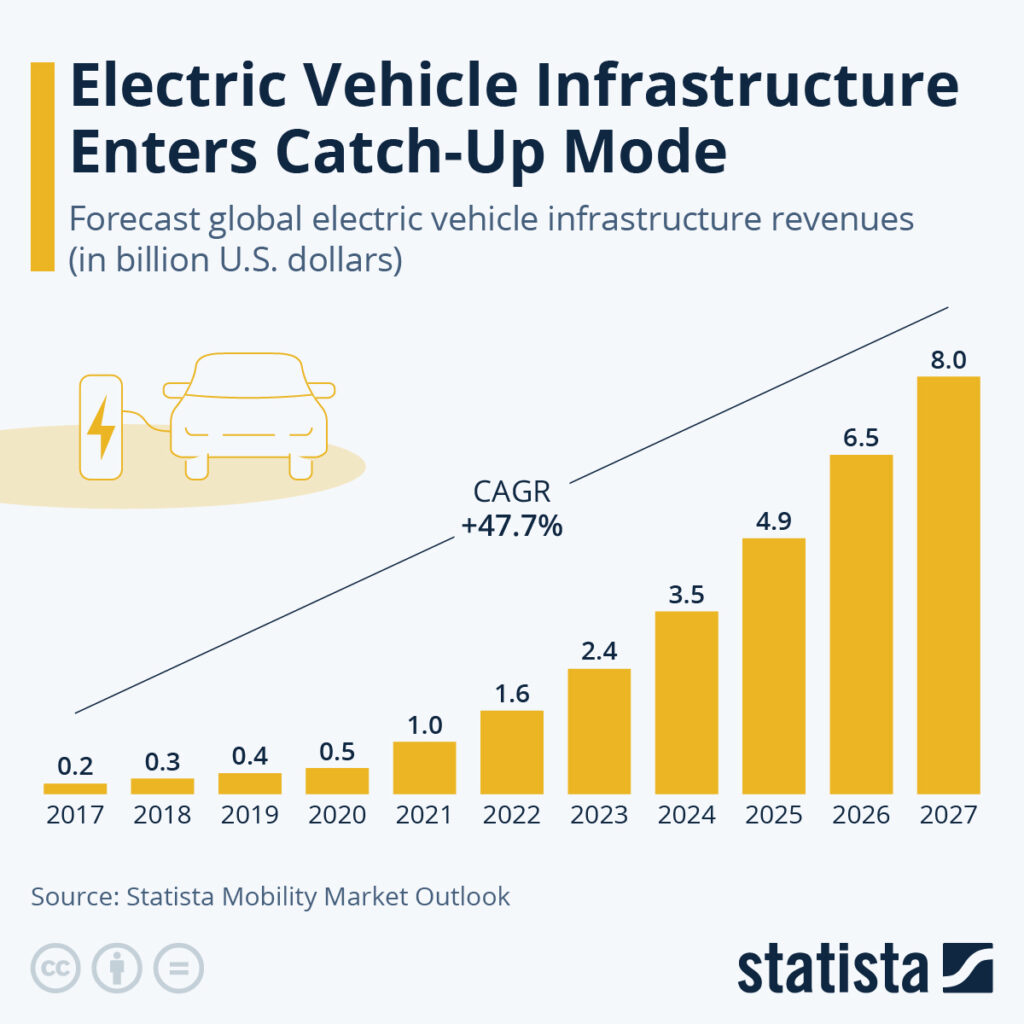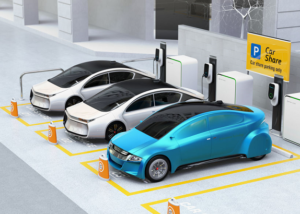As the world shifts towards electric vehicles, cities are facing a major change in the way they operate. Electric cars have the potential to revolutionize the way we think about transportation, but they also come with their own set of challenges. In this blog post, we’ll explore how the transition to electric cars will affect both consumers and infrastructure in cities.
One of the most obvious changes that consumers will notice is the shift away from gasoline-powered cars. Electric cars are powered by batteries rather than gasoline, which means that they don’t produce emissions and are much more environmentally friendly. This is a huge benefit for cities, as it means that the air will be cleaner and healthier for residents. Additionally, electric cars are much quieter than traditional cars, which will make cities a more pleasant place to live and work.

However, the transition to electric cars will also have an impact on infrastructure. One of the biggest challenges that cities will face is the need to build charging stations. Electric cars need to be recharged regularly, and this requires a network of charging stations that are easily accessible to drivers. This means that cities will need to invest in building new charging stations, which can be costly. Additionally, charging stations require a lot of electricity, which means that cities will need to upgrade their power grids to accommodate the increased demand.
How are cities adapting to EV’s?
Another infrastructure challenge that cities will face is the need to adapt roads and parking areas to accommodate electric cars. Electric cars are typically smaller and more compact than traditional cars, which means that they require less space for parking. This is great news for cities, as it means that more cars can be parked in the same area. However, it also means that cities will need to rethink how they design parking areas, to make sure that electric cars can be accommodated.
For consumers, the transition to electric cars will bring a lot of benefits. Electric cars are much cheaper to operate than traditional cars, as they require less maintenance and no gasoline. This means that consumers will save money on fuel and maintenance costs. Additionally, electric cars are much more convenient to drive, as they require no gear shifts and have instant torque. This makes them more fun to drive, and also makes them more suitable for city driving.
Another benefit for consumers is that electric cars will be much more reliable than traditional cars. Electric cars have fewer moving parts than traditional cars, which means that they are less likely to break down. Additionally, electric cars are much simpler to repair, which means that repairs will be cheaper and quicker. This is great news for consumers, as it means that they won’t have to spend as much time and money on car repairs.
Despite the challenges that cities will face in the transition to electric cars, the benefits for consumers and the environment make it a change worth pursuing. Electric cars are cleaner, cheaper, and more convenient to drive, which makes them a great option for city dwellers. Additionally, the shift to electric cars will help to reduce air pollution and make cities a healthier place to live. As we continue to see more electric cars on the road, it’s important for cities to start planning now for the infrastructure changes that will be necessary to support this transition.

In conclusion, the shift to electric cars will bring both challenges and opportunities for cities. The reduction of emissions and noise pollution and the increase of reliability, convenience and cost savings for consumers are some of the benefits that will come with this transition. Cities need to start planning and investing on charging infrastructure, road and parking adaptations. This transition will bring a lot of changes, but cities and consumers need to be prepared and open to this evolution to take advantage of it and make our cities a better place to live.
